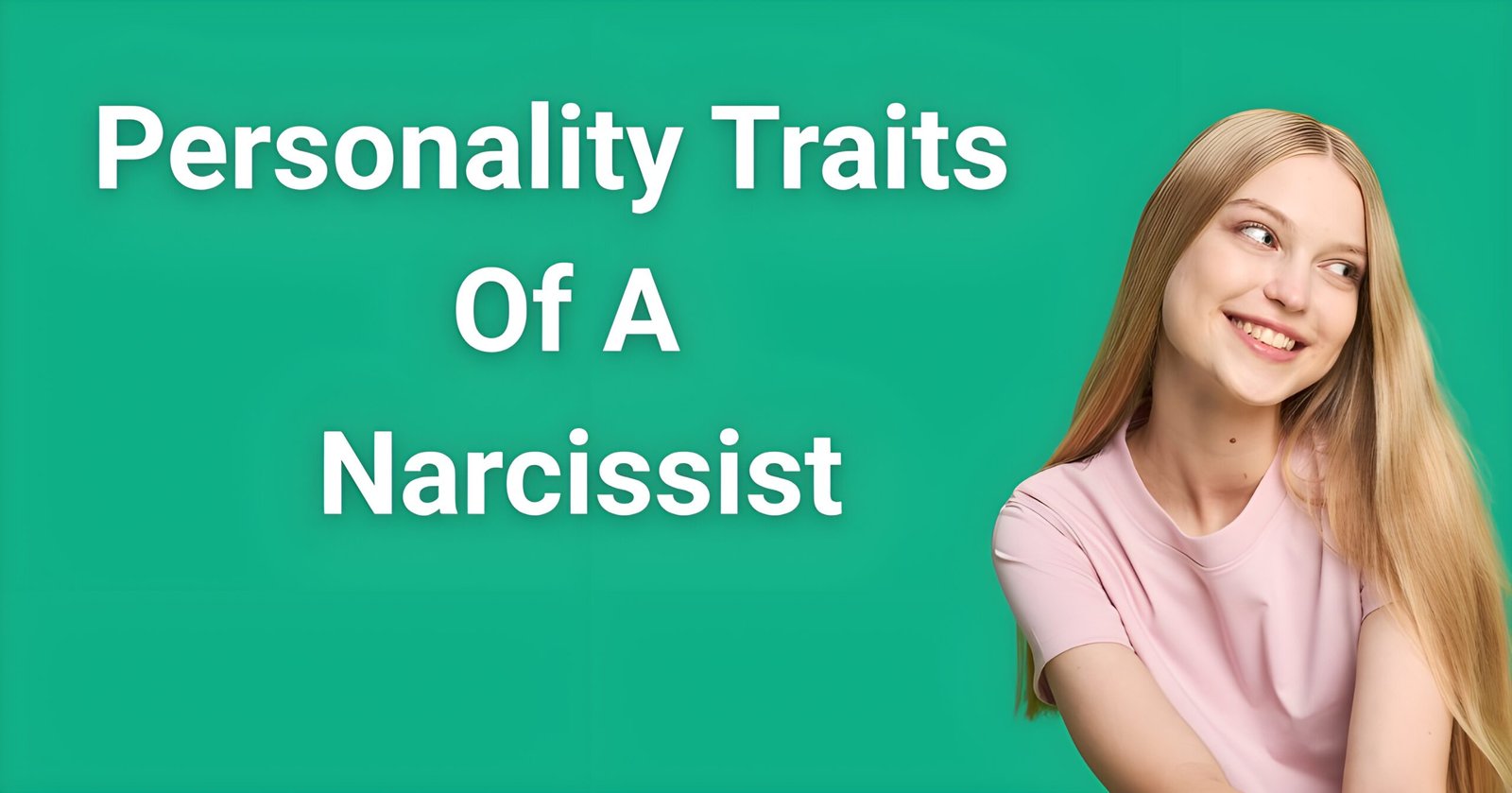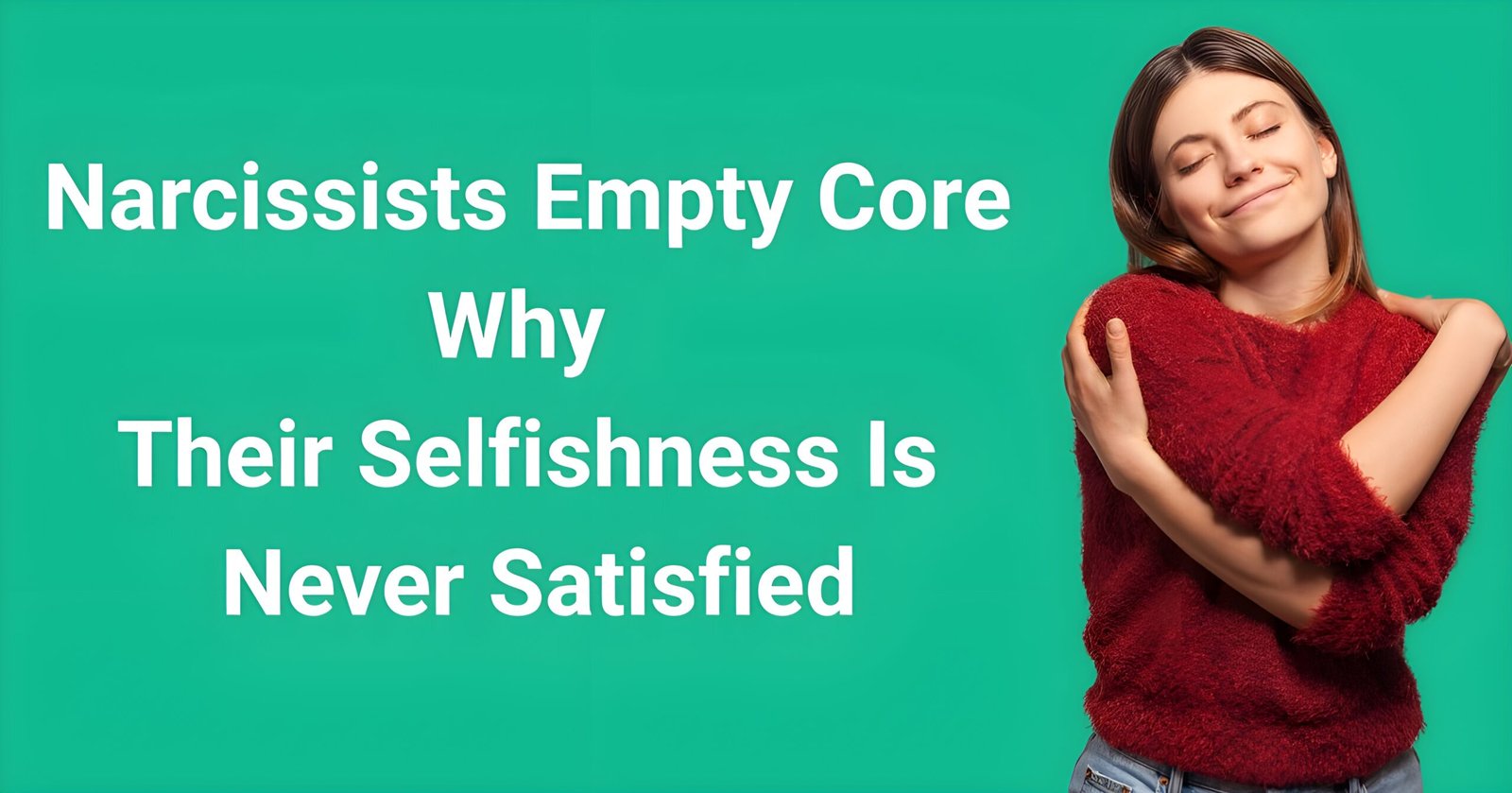Are Narcissists Evil?
- The Question That Haunts Every Survivor’s Soul
- Why Every Survivor Asks “Are Narcissists Evil”
- The Neuroscience Behind Narcissistic Behavior
- The Spectrum of Narcissistic Harm: Beyond Good and Evil
- The Moral Responsibility Paradox
- Why the “Evil” Label Can Harm Your Recovery
- A More Empowering Framework for Survivors
- The Dangerous Myth of Obvious Evil
- The Role of Childhood Trauma in Narcissistic Development
- Moving Beyond the Need for Moral Categories
- Frequently Asked Questions About Narcissists and Evil
- Key Takeaways: Beyond the Question of Evil
- Conclusion: Moving Beyond Good and Evil Toward Healing
After 7 years of helping survivors as a certified narcissistic abuse specialist, I’m about to reveal a truth so devastating it will completely transform how you see your situation and everything you believed about the person who destroyed your reality.
The Question That Haunts Every Survivor’s Soul
When you’ve experienced the calculated cruelty of narcissistic abuse, when you’ve watched someone systematically dismantle your self-worth while smiling, when you’ve seen them target your deepest vulnerabilities with surgical precision—the question “are narcissists evil” becomes more than philosophical curiosity. It becomes a desperate search for meaning in the wreckage of your shattered world.
In my 7 years working with survivors at NarcissismExposed.com, this question emerges in nearly every conversation. After being emotionally eviscerated by someone they loved, survivors need to understand: Was this pure malevolence, or something more complex and disturbing?
The answer will either liberate you or force you to confront a reality more nuanced and terrifying than simple evil.
Why Every Survivor Asks “Are Narcissists Evil”
Through my work with thousands of survivors, I’ve identified exactly why this question haunts the healing process. When you’re trying to make sense of inexplicable cruelty, your mind searches for frameworks that restore order to chaos.
The Need for Moral Clarity: After months of gaslighting and psychological manipulation, survivors crave clear categories. If narcissists are evil, then the abuse makes sense within a framework of good versus evil that validates your experience.
The Search for Validation: Being told you’re “too sensitive” or “overreacting” for months leaves you questioning your own perceptions. Labeling your abuser as evil provides the validation that yes, what happened to you was genuinely wrong.
The Desire for Justice: If narcissists are evil beings who choose cruelty, then they deserve punishment and condemnation. This satisfies our innate sense of justice and moral order.
The Hope for Prevention: Understanding narcissists as evil suggests they can be easily identified and avoided—a comforting but dangerous oversimplification that I’ve seen lead survivors into future harmful relationships.
But the question “are narcissists evil” demands a more sophisticated answer than our traumatized minds initially want to accept.
The Neuroscience Behind Narcissistic Behavior
Recent neuroimaging research from Harvard Medical School and other leading institutions provides crucial insights into the narcissistic brain that directly impacts how we answer “are narcissists evil.”
Empathy Deficits at the Neural Level: Studies published in the Journal of Psychiatric Research show that narcissists have measurable differences in brain regions associated with empathy. The anterior insula and anterior cingulate cortex—areas crucial for emotional empathy—show reduced activity and gray matter volume in individuals with narcissistic personality disorder.
Reward Processing Abnormalities: The dopamine reward pathways in narcissistic brains show altered functioning, creating an addiction-like need for admiration and validation. This neurological reality explains why narcissistic supply becomes literally essential for their psychological survival.
Emotional Regulation Impairments: The prefrontal cortex, responsible for emotional regulation and impulse control, often shows dysfunction in narcissistic individuals. This means their harmful behaviors often emerge from neurological impairments rather than conscious malicious planning.
As a certified narcissistic abuse specialist, I’ve seen how this research reframes the question “are narcissists evil” from moral philosophy to neuroscience and psychology.
The Spectrum of Narcissistic Harm: Beyond Good and Evil
Through my 7 years of research , I’ve observed that narcissistic behavior exists on a spectrum that complicates any simple answer to “are narcissists evil.”
Vulnerable Narcissists: The Wounded Manipulators
These individuals often appear fragile and needy, using covert manipulation tactics like guilt-tripping, victimhood, and emotional blackmail. Their harmful behavior typically stems from profound insecurity and abandonment fears rather than malicious intent.
In my work with survivors, I’ve seen how vulnerable narcissists cause devastating harm while genuinely believing they’re the victims. Are narcissists evil when they’re acting from their own unhealed trauma? The answer becomes complicated.
Grandiose Narcissists: The Entitled Dominators
These individuals present as confident and superior, using overt manipulation, intimidation, and emotional abuse to maintain control. Their actions often appear more deliberately cruel and calculating than vulnerable narcissists.
However, even grandiose narcissists are typically defending against core feelings of inadequacy and shame. Their grandiosity is a psychological defense mechanism, not evidence of inherent evil.
Malignant Narcissists: Approaching True Evil
This category represents the most dangerous subset, combining narcissistic traits with antisocial behavior and sadistic tendencies. These individuals often do take genuine pleasure in causing harm and may engage in deliberately malicious behavior.
When survivors ask “are narcissists evil,” they’re often thinking of malignant narcissists—the small percentage who come closest to traditional concepts of evil.
The Moral Responsibility Paradox
As I’ve worked with survivors wrestling with whether narcissists are evil, I’ve discovered a crucial distinction: the difference between evil intent and harmful impact.
Neurological Limitations vs. Moral Choice: Modern neuroscience suggests that narcissists may have genuine neurological limitations in empathy and emotional regulation. However, this doesn’t absolve them of responsibility for their choices and actions.
Awareness and Accountability: Many narcissists are aware that their behavior hurts others, even if they can’t fully empathize with that pain. This awareness creates moral accountability, regardless of their neurological differences.
The Capacity for Change: While personality disorders are deeply ingrained, some narcissists can develop better coping mechanisms through intensive therapy. This potential for growth suggests they’re not irredeemably evil, though change is rare and requires genuine motivation.
In my experience at NarcissismExposed.com, focusing on whether narcissists are evil often distracts survivors from what truly matters: protecting themselves and healing their own trauma.
Why the “Evil” Label Can Harm Your Recovery
Through my 7 years of specialized work, I’ve observed how the question “are narcissists evil” can actually impede survivor healing:
It Oversimplifies Complex Dynamics: Reducing narcissistic abuse to simple good versus evil prevents understanding of the sophisticated psychological mechanisms involved. This lack of understanding makes survivors vulnerable to future manipulation.
It Can Increase Self-Blame: If narcissists are obviously evil monsters, how did you fall for their deception? This thinking can lead to harsh self-judgment rather than compassionate self-understanding.
It Prevents Pattern Recognition: Understanding the psychological drivers behind narcissistic behavior helps identify these patterns in others. Looking for “evil” people is less protective than recognizing psychological red flags.
It Blocks Emotional Processing: The “evil” label can keep survivors stuck in anger and moral outrage, preventing them from processing the full spectrum of emotions necessary for complete healing.
A More Empowering Framework for Survivors
Instead of fixating on whether narcissists are evil, I guide survivors toward more empowering questions:
Were their actions harmful? Absolutely. The impact on you was real and devastating, regardless of their intentions or psychological limitations.
Are they responsible for their behavior? Yes. Mental health conditions don’t excuse abuse. They remain accountable for their choices and the harm they’ve caused.
What do you need for healing? Focus on your own recovery process rather than trying to understand or categorize your abuser’s moral status.
How can you protect yourself going forward? Understanding narcissistic patterns is more protective than philosophical debates about evil.
The Dangerous Myth of Obvious Evil
One of the most dangerous misconceptions I encounter is the belief that narcissists are obviously evil and therefore easy to identify. This myth has led countless survivors into subsequent abusive relationships.
The Charm Offensive: Most narcissists begin relationships with intense charm, love-bombing, and apparent empathy. If they were obviously evil, they couldn’t successfully manipulate intelligent, caring people.
The Gradual Revelation: Narcissistic abuse typically involves gradual escalation and normalization of harmful behavior. The “evil” emerges slowly, making it difficult to recognize and escape.
The Intermittent Reinforcement: Narcissists alternate between harmful and loving behavior, creating trauma bonds that keep survivors attached. Pure evil couldn’t create such powerful psychological connections.
Understanding these patterns is more protective than searching for obviously evil people who rarely exist in reality.
The Role of Childhood Trauma in Narcissistic Development
My research into narcissistic development reveals that most narcissists experienced significant childhood trauma, neglect, or invalidation. This doesn’t excuse their adult behavior, but it complicates the question “are narcissists evil.”
Developmental Trauma: Many narcissists developed their personality patterns as survival mechanisms during childhood. Their lack of empathy often stems from never receiving empathy themselves.
Intergenerational Patterns: Narcissistic abuse frequently perpetuates across generations, with abused children sometimes developing narcissistic traits as protective mechanisms.
The Wounded Child: Beneath the narcissistic facade often lies a profoundly wounded child who never learned healthy emotional regulation or genuine connection.
This psychological reality doesn’t minimize the harm narcissists cause, but it suggests they’re more accurately understood as deeply damaged individuals than evil beings.
Moving Beyond the Need for Moral Categories
Through my work at NarcissismExposed.com, I’ve learned that healing doesn’t require definitively answering whether narcissists are evil. Instead, survivors benefit from:
Accepting Complexity: Human psychology is complex, and narcissistic behavior exists in gray areas that resist simple moral categories.
Focusing on Impact: The effect of narcissistic abuse on you matters more than the moral status of your abuser.
Building Discernment: Learning to recognize narcissistic patterns protects you better than philosophical debates about evil.
Prioritizing Healing: Your recovery is more important than understanding your abuser’s psychological or moral nature.
Frequently Asked Questions About Narcissists and Evil
Most narcissists are not inherently evil, but rather driven by their own selfish needs rather than malicious intent to harm others. However, malignant narcissists—who combine NPD with antisocial and sadistic traits—can be considered truly evil as they derive pleasure from causing suffering. Erich Fromm called malignant narcissism “the quintessence of evil.”
Regular narcissists hurt others as a byproduct of meeting their own needs, while malignant narcissists intentionally cause harm for their own pleasure or power. Evil narcissists display sadistic behavior, lack remorse entirely, and may engage in criminal or abusive actions. They represent the dangerous end of the narcissistic spectrum where NPD meets psychopathy.
Most narcissists lack emotional empathy and don’t fully grasp the impact of their actions on others, though they may have intellectual awareness. Malignant narcissists, however, are often fully aware of the pain they cause and may deliberately inflict it. Their goal shifts from self-serving behavior to deliberately harming others for satisfaction or control.
Standard narcissists may experience some guilt but quickly rationalize it away or blame others to protect their self-image. Malignant narcissists rarely feel genuine guilt or remorse—they lack the moral framework that would generate these emotions. When confronted, they typically become defensive, deflect blame, or play the victim rather than acknowledge wrongdoing.
Not all abusive people are narcissists, and not all narcissists are physically abusive. However, narcissistic behavior patterns often lead to emotional and psychological abuse through manipulation, gaslighting, and control tactics. The level of abuse typically correlates with the severity of their narcissistic traits—with malignant narcissists being the most dangerous and destructive.
Key Takeaways: Beyond the Question of Evil
After 7 years of specialized work with narcissistic abuse survivors, here are the essential insights about whether narcissists are evil:
Narcissistic harm is real and devastating, regardless of whether we categorize the perpetrators as evil. The impact on survivors doesn’t depend on the moral status of their abusers.
Most narcissistic behavior stems from neurological differences and developmental trauma rather than conscious evil intent, though this doesn’t excuse the harm caused or remove accountability.
The question “are narcissists evil” often distracts from more important healing work: understanding patterns, building protection strategies, and processing your own trauma.
Recognizing narcissistic patterns provides better protection than looking for obviously evil people who rarely exist in reality.
Your healing doesn’t require definitively categorizing your abuser as evil or sick—it requires focusing on your own recovery and future protection.
Conclusion: Moving Beyond Good and Evil Toward Healing
The question “are narcissists evil” reflects your desperate need to make sense of inexplicable cruelty and find meaning in your suffering. After walking alongside thousands of survivors through their darkest moments, I understand why this question feels essential to your healing.
But here’s what my 7 years as a certified narcissistic abuse specialist has taught me: Whether narcissists are evil matters far less than whether you can recognize their patterns, protect yourself from future harm, and reclaim the life they tried to destroy. The survivors who heal most completely are those who stop trying to understand their abusers and start focusing entirely on rebuilding themselves.
Through my work at NarcissismExposed.com, I’ve witnessed survivors transform their deepest wounds into profound wisdom, their shattered trust into discernment, and their lost identity into unshakeable self-worth. The question “are narcissists evil” becomes irrelevant when you realize your power lies not in categorizing those who harmed you, but in ensuring no one ever harms you that way again.
Your abuser’s moral status is their burden to carry. Your healing is your gift to claim. Stop asking if narcissists are evil and start asking what kind of beautiful life you’re going to build from these ashes.






